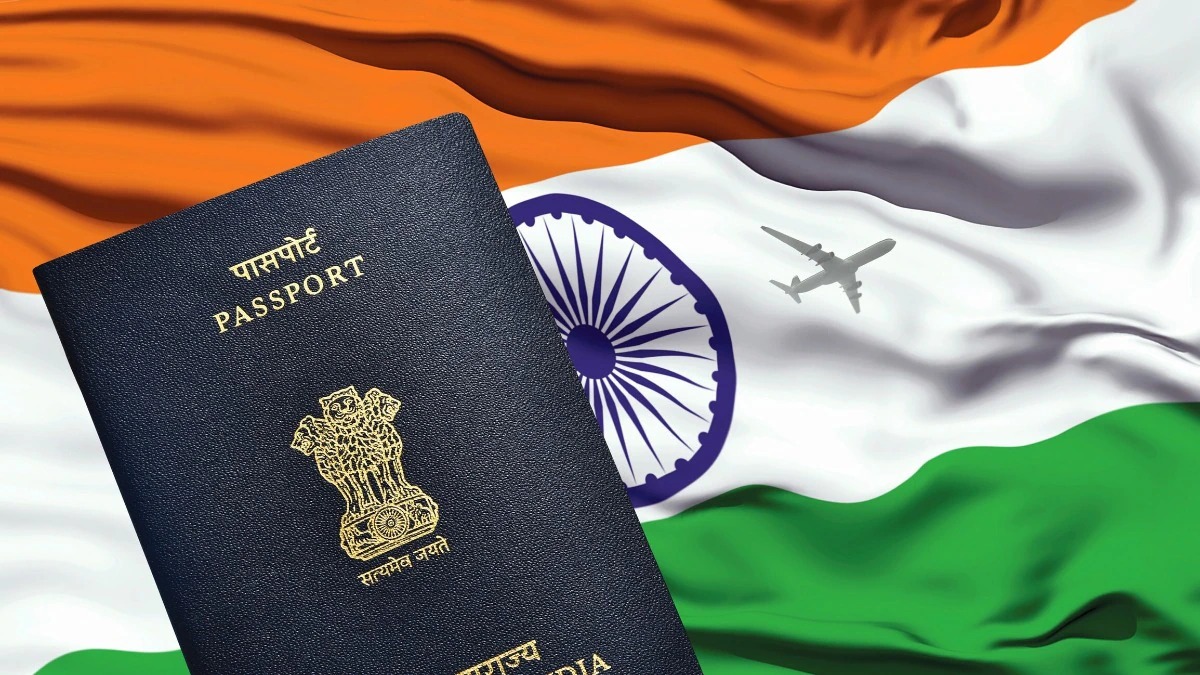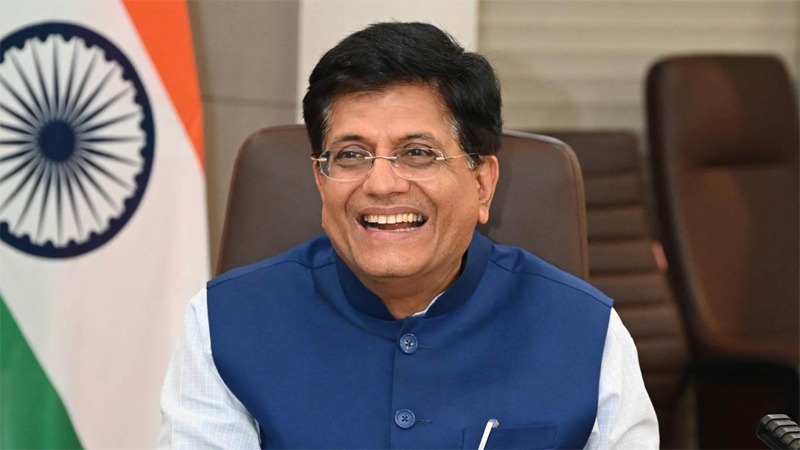
Follow WOWNEWS 24x7 on:

India has taken a significant step towards modernizing international travel and enhancing passport security with the launch of the e-passport in 2025. This next-generation passport comes embedded with a microprocessor chip containing biometric and personal data, promising faster immigration, tighter security, and global compatibility. The rollout is part of the Passport Seva Programme Version 2.0, aimed at digitizing and streamlining passport services.
Key Highlights Of The E-Passport Initiative
The e-passport features an embedded RFID chip that holds encrypted biometric data including digital photograph, fingerprints, and demographic details
It aligns with international standards set by the International Civil Aviation Organization (ICAO), ensuring smoother global travel experience for Indian citizens
The rollout began as a pilot in select cities and is expanding to all passport offices nationwide by mid-2025
Physical production of passports uses durable polycarbonate sheets for enhanced tamper resistance and longevity
The program integrates AI-driven verification and offers last-mile delivery through India Post, reducing turnaround times drastically
Upgrades to Passport Seva Kendras and new centres are planned to support the digital initiative and offer better citizen service
Understanding The E-Passport And Its Benefits
The e-passport is essentially a smart passport booklet combined with a secure microchip. This chip is encrypted with sensitive citizen information that can be quickly authenticated by immigration systems worldwide, thus reducing fraud and identity theft. The chip uses Public Key Infrastructure (PKI) technology, which guarantees data integrity and that the passport is issued by a legitimate authority.
Beyond security, the e-passport enables faster clearance at immigration checkpoints as it can be read by automated e-gates, shortening wait times significantly. It also brings Indian travel documents on par with global benchmarks, facilitating smoother visa processes and visa-free travel agreements.
Who Can Apply For The E-Passport?
All Indian citizens seeking new passports or renewals at Passport Seva Kendras (PSKs) or Post Office PSKs (POPSKs) equipped to issue e-passports are eligible. There is no separate application for e-passports; applicants simply follow the normal passport application process via the Passport Seva Online Portal.
The rollout is being gradually extended, so applicants applying at enabled centres will automatically receive chip-embedded passports. The existing non-e-passports remain valid until their expiry dates.
How To Apply For An E-Passport In India
Create an account and login to the Passport Seva Online Portal
Choose the appropriate service: fresh issuance or re-issue/renewal
Fill out the application form with accurate personal and travel details
Select your nearest Passport Seva Kendra or Post Office Passport Seva Kendra for your appointment
Make the payment online for the passport fee to confirm your booking
Schedule your biometric and documentation appointment at the chosen centre
Visit the PSK/POPSK on the appointed date with original documents for verification and biometric data capture
The application process remains user-friendly and leverages digital tools, including chatbots and automated updates, to guide citizens.
What This Means For Indian Travelers
The e-passport introduces a level of security and convenience that strengthens India’s position globally. It enhances protection against forgery and misuse and reduces wait times at airports through faster automated processing. As more countries adopt biometric travel systems, Indian travelers will benefit from quicker approvals and fewer hassles at immigration desks.
Nationwide Infrastructure Boost
To support this initiative, the government is investing ₹1,000 crore to enhance and expand Passport Seva Kendras across India, establishing 400 new centres and upgrading 600 existing ones by 2029. Integration with India Post ensures doorstep delivery of passports, further easing the process for citizens.
Conclusion: A Digital Leap Forward
India’s e-passport rollout is a landmark development that brings the nation closer to a fully digitized, secure, and efficient passport service. By aligning with international standards and embedding biometric data, India is paving the way for safer travel and smoother cross-border movement for its citizens in the years to come.
Sources: The Times of India, Indian Express, NDTV, Passport Seva Portal, India Briefing, Bajaj Finserv



